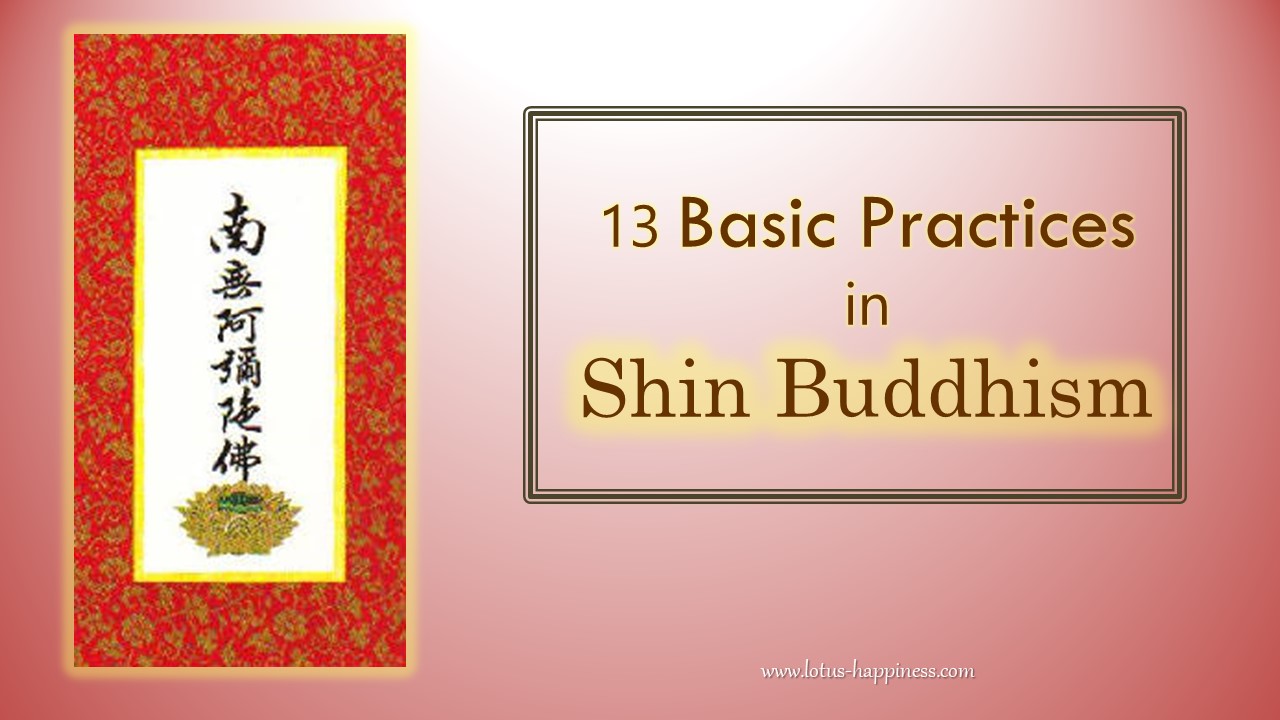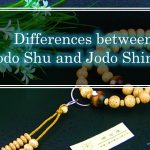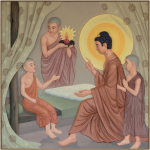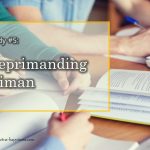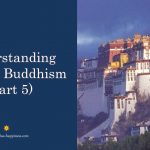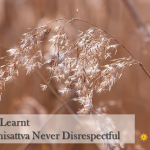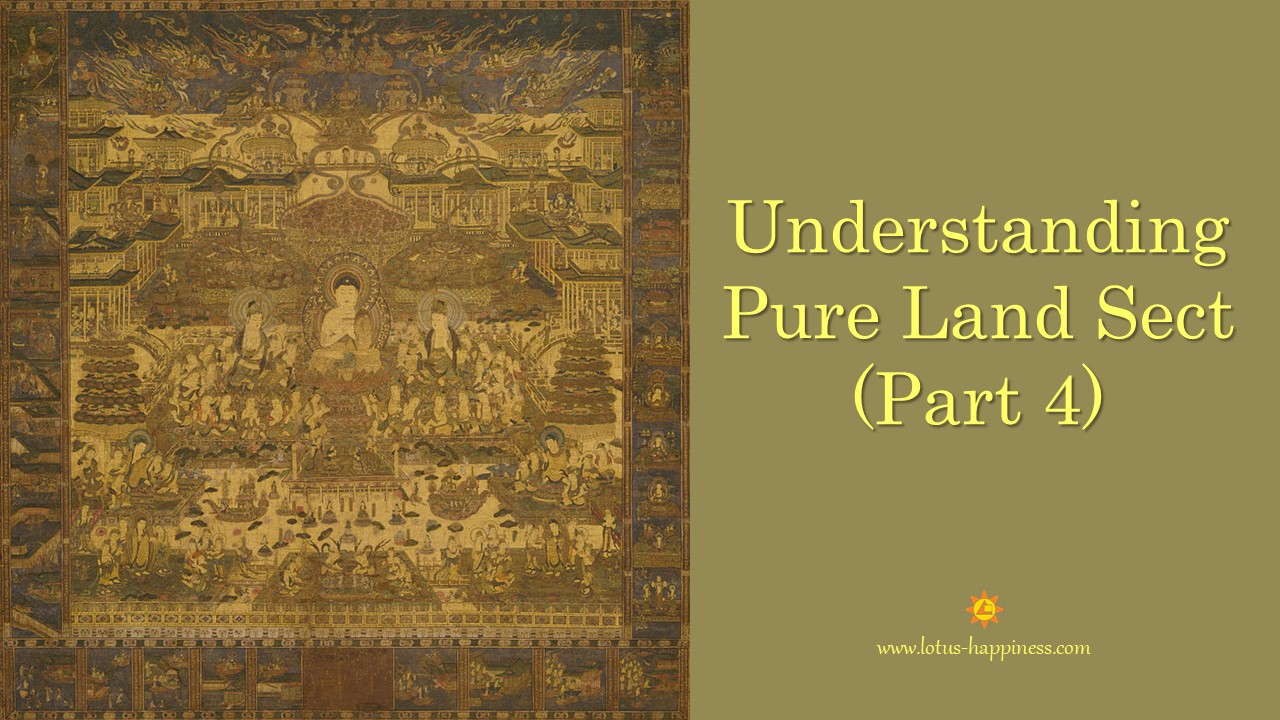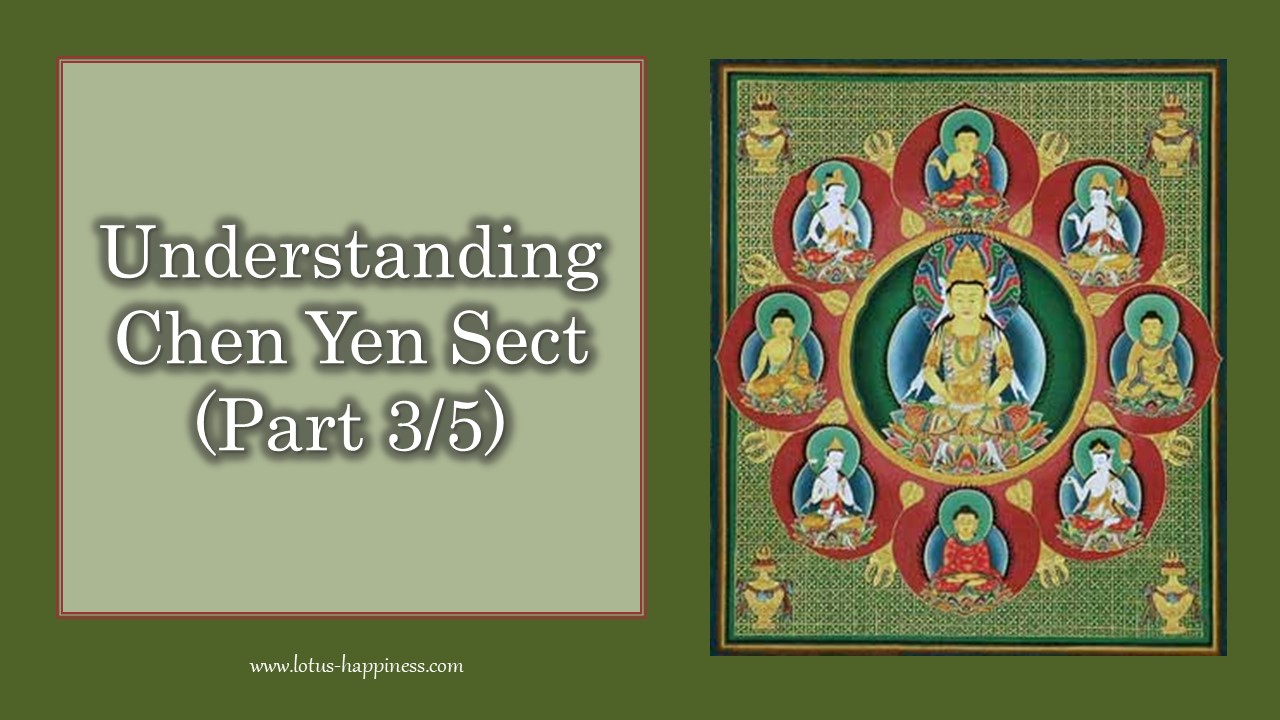13 Basic Practices in Shin Buddhism
Pure Land Buddhism is the most widely practiced form of Buddhism in China, Japan, Taiwan, Hong Kong, Vietnam, Malaysia and Singapore. Shin Buddhism, also known as Jodo Shinshu, is the largest Pure Land denomination in Japan.
Founded by Buddhist reformist Shinran Shonin (1173- 1262), Shin Buddhism is a form of Buddhism for ordinary people. In the 13th century Japan, only people in the imperial court had access to Buddhism. Hence, Shin Buddhism appealed to the outcasts, poor and destitute people, as well as women, butchers, samurai, fisherman, merchants etc who otherwise did not have the opportunities to practice Buddhism.
In Shin Buddhism there are no monastics, monks on nuns; only teachers such as ordained clergy and certified lay instructors who are ordinary men and women. Associate teachers, ministers and other certified teachers can marry and raise a family. Family life is not seen as a hindrance to spiritual development but as a natural function of being human. Thus, Shin Buddhists are actively engaged in life, living in the essence of the Buddha’s Middle Way.
Let us understand Shin Buddhism through 13 basic practices the guide Shin Buddhists in experiencing inner transformation from blind passions to enlightenment.
- We practice…compassion as a natural manifestation of our faith. Our Buddha taught, “Consider others as yourself.” True compassion is an engaged interconnection with the suffering and joys and all beings.
- We practice…deep hearing as a central religious practice because it is the best vehicle to engage the dharma and ultimately embody the nembutsu; it is characterized by continuous questioning, doubting, reflecting, applying, reapplying, forgetting and remembering the teachings.
- We practice…daily chanting as a vehicle to remind and awaken us to the Oneness of reality (one Life) and to water the blessings of the Buddha in our daily life and the world.
- We practice…taking regular mindfulness communion during fellowship as a way to remember the interconnected relationship of all things and the one Life in boundless time and space.
- We practice…sitting meditation as a natural vehicle to calm the mind so we may deeply hear the transformative inner light; our goal is not to attain anything but just to naturally be as we are.
- We practice…voicing the nembutsu as a living practice of mindfulness of Life’s grace (tariki) and most importantly, as a direct expression of the vibrant presence of the one Life in our hearts and minds.
- We practice…prayer is the best means to internalize our religious ideals, to express our deep gratitude to Amida, and to send and receive the blessings to the world.
- We practice…simplicity as a means to strip away the inevitable distractions of our modern 21st century life and open ourselves to the life’s essentials and vibrant beauty through the nembutsu.
- We practice…Going for Refuge, in the Buddha, Dharma and Sangha, on a regular basis as a means to internalize the Buddhist teachings and remind us of our highest ideals.
- We practice…the Tenfold Precepts not as commandments but as an auxiliary deep hearing practice and as a natural result of Going for Refuge. Central to these ethical guidelines is the ideal of non-harming and they serve as a means to deeply study ourselves and help manifest our inner reality and the world into the Pure Land.
- We practice…going to fellowship on a regular basis to hear and re-engage ourselves with the teachings and have communion with other practitioners. Attending a gathering helps us remember to practice the dharma during our daily lives, and displays our inner commitment to total spiritual transformation.
- We practice…shojin, which is eating a vegetarian or vegan meal on the 16th of every month (Shinran’s Birthday) as a way to remember the sacrifices of living beings that sustain our life, thereby re-connecting in a real way to the dharma of compassion. If you are already a vegetarian, have raw food or fast for one day.
- We practice…community service as the heartfelt response to human and nonhuman suffering (dukkha). Service also includes learning the Pure Land teachings for the sake off all beings, and sharing it with everyone as the universal way to alleviate affliction and distress.
Source: Shin in a Nutshell

